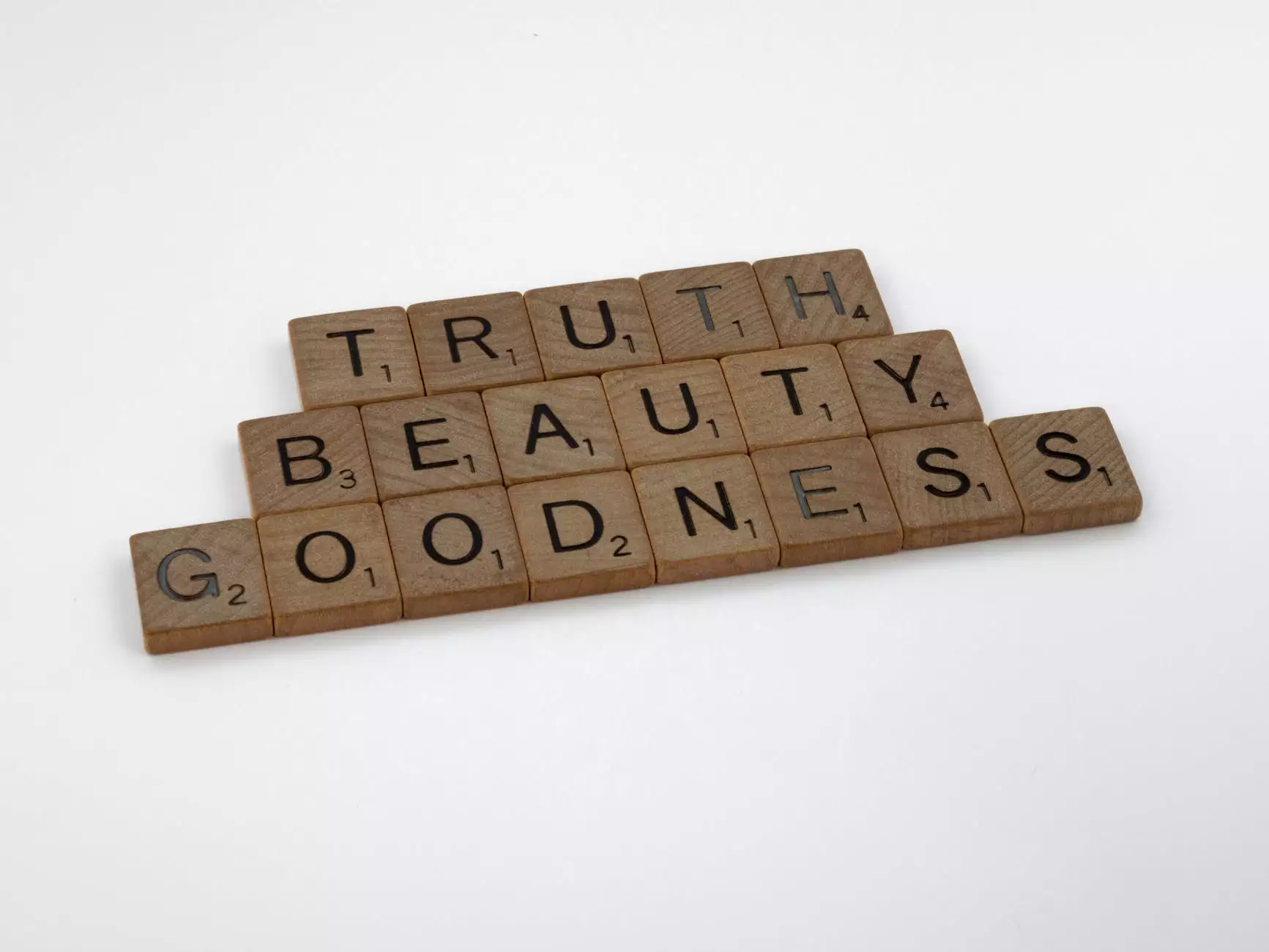Washing Your Hands

Why is Handwashing Important?
In today's world, where germs and bacteria can easily spread, maintaining good hand hygiene is crucial. Washing your hands regularly is one of the simplest and most effective ways to prevent the transmission of diseases and illnesses. Foley James D MD recognizes the importance of proper handwashing techniques to protect your health and the health of those around you.
The Technique
Proper handwashing involves more than just a quick rinse under running water. To effectively remove germs and bacteria, follow these steps:
- Wet your hands with clean, running water.
- Apply soap to lather your hands thoroughly, including the backs, between your fingers, and under your nails.
- Scrub your hands for at least 20 seconds. Singing the "Happy Birthday" song twice can be a helpful timer.
- Rinse your hands well under clean, running water to remove all soap.
- Dry your hands using a clean towel or air dryer. Avoid using a damp towel, as it can promote the growth of bacteria.
- Turn off the tap using a paper towel to prevent recontamination of your hands.
Remember, proper handwashing should be done regularly, especially before eating, after using the restroom, after coughing or sneezing, and after touching surfaces that may be contaminated.
The Science Behind Handwashing
When you wash your hands, you're not only removing visible dirt but also eliminating microscopic germs that can cause various illnesses. The combination of water, soap, and friction breaks down the outer layers of the germs, eventually causing them to be washed away. This mechanical action is essential for effective hand hygiene.
By regularly practicing proper handwashing techniques, you can significantly reduce the risk of infections, including respiratory infections, gastrointestinal diseases, and even the common cold. Making handwashing a habit is a simple yet powerful way to protect yourself and others from contagious illnesses.
Handwashing Tips
Use Warm Water
While warm water alone does not kill germs, it can enhance the effectiveness of soap in removing dirt, oils, and pathogens from your skin. Foley James D MD recommends using warm water for handwashing whenever possible.
Choose the Right Soap
Not all soaps are created equal. Opt for a mild, fragrance-free liquid soap or antibacterial soap. Avoid harsh antibacterial soaps unless you're in an environment that requires them, such as a healthcare setting.
Take Your Time
Remember to spend at least 20 seconds scrubbing your hands. Use this time to thoroughly clean all areas, paying attention to often neglected areas like the fingertips and thumbs.
Moisturize Your Skin
Frequent handwashing can lead to dry and cracked skin. After washing your hands, gently pat them dry and apply a moisturizer to keep your skin hydrated and healthy.
Conclusion
Foley James D MD understands the importance of proper handwashing as an integral part of maintaining good overall health. By following the recommended handwashing technique, understanding the science behind it, and implementing helpful tips, you can effectively reduce the risk of spreading germs and protect yourself and others from illnesses.



